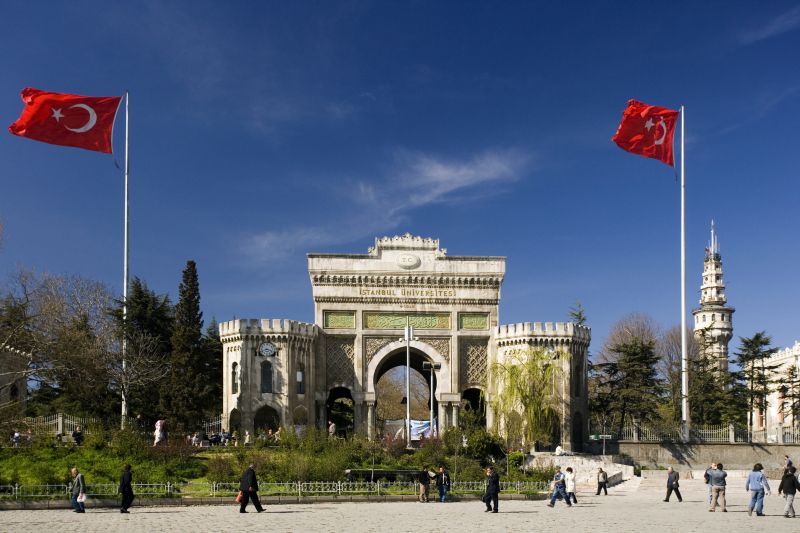How to Survive Dark Times
Marching in Washington, D.C. this past weekend with over half a million women and our allies was exhilarating, exhausting, and inspiring. My particular favorites among the many rally speeches were by six-year-old Sophie Cruz, the child of undocumented immigrants from Oaxaca, Mexico; revolutionary and civil rights activist Angela Davis; and Brooklyn’s Palestinian-American Linda Sarsour, who was one of the national co-chairs of the march. I was happy to learn that the massive crowds of protesters who far outnumbered those who had attended the inauguration the day before had enraged Donald Trump. But even as we marched, I recalled the mass mobilization of millions of people in 2003 hitting the streets around the globe in an attempt to prevent the Iraq War. George W. Bush dismissed us, saying he didn’t pay much attention to “focus groups.” Street demonstrations, marches, and rallies are important sources of strength and solidarity, but the energy must further be harnessed to long-term organizing and campaigns if we are to protect our most vulnerable neighbors, organizations, and institutions.
On Monday morning the grim reality of life under the Horsemen of the Apocalypse hit like a two-ton bomb when the “global gag rule” was reinstated, and hours later the attack on Medicaid was launched. How are we going to survive four years of this shit? I will be honest, I’m scared, and I’m not sure where to focus my efforts when the blows against the values, groups, and individuals that I care about are landing on an hourly basis. I’m still trying to identify the best vehicles for local organizing—because I think we will have more leverage on the local level.
This morning I came up with a prescription for myself. How to survive in dark times? Celebrate one moment of beauty and participate in one act of resistance each day. For myself, I take solace in the spectacular sunrises on Morningside Drive, and the sunsets in Columbia County. Other beautiful things include flowers, birds, trees, and the faces of my silly dogs, my beloved family, and cherished friends. Before bed, I’ve also been reading a book called What the Robin Knows, which has been filling my dreams with robins, chickadees, cardinals, jays, and blackbirds.
In terms of resistance, right now we all need to be contacting our elected officials on a weekly basis to let them know that we want them to oppose the Horsemen of the Apocalypse. Take a half hour to make a list of your elected officials with their contact information: senators, congressional representative, governor, mayor, and city council member, or the equivalent depending on where you live. (If you don’t have the half hour, you can use this handy and simple to use 5 calls tool.) You can start by contacting your senators and telling them to vote NO on the nomination of Betsy DeVos for Education Secretary. The best option is to call their offices—if you have trouble getting through in D.C. or the state capital because the lines are jammed, try the regional offices. (The other day I was able to speak with a human in Chuck Schumer’s Binghamton office.) Here are some helpful tips from a Congressional staffer about making phone calls that a friend of mine posted publicly on FB. Send post cards rather than emails (electronic communications have become a kind of white noise). Post cards are quicker than letters because envelopes must go through a security check.
Want to do more? You can sign up with for the Women’s March 10 Actions/100 Days Campaign. Pledge to join the People’s Climate Movement in D.C. on April 29. Find a local group organizing around an issue you care about through the Action Group Network. Get connected with Stand with Standing Rock. Join Jewish Voice for Peace’s Rapid Response Network in organizing against attacks on Muslims and immigrants. Read this terrific interview with Keeanga-Yamahtta Taylor, or her equally inspiring piece on how to build a mass movement. Frances Fox Piven tells us to Throw Sand in the Gears of Everything, Naomi Klein instructs us in how to prepare for the first shocks of Trumpian disaster capitalism. Grace Paley said, “The only recognizable feature of hope is action.” I act, therefore I hope.
Nancy Kricorian
January 26, 2017

